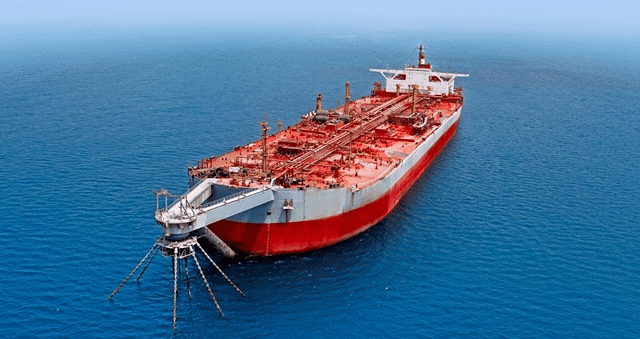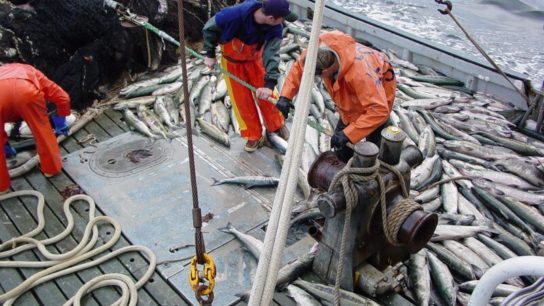The oil tanker which was abandoned five years ago in the Red Sea has gained the attention of millions on account of its deterioration, likelihood of an oil spill, and its consequences on marine life and human beings.
—
In 2015, the FSO Safer, was abandoned in the Red Sea, 4.8 nautical miles off the coast of Yemen’s western port of Hodeida. This rusting oil tanker has been a growing concern for neighbouring countries due to the probability of an explosion and a consequential oil spill in the enclosed region of the Red Sea. In addition, an oil spill from this could be four times bigger than that of the Exxon Valdez, which had been severely damaging to the marine ecosystem and would likely further aggravate the communal tensions that exist in war-torn Yemen and neighbouring regions.
The Red Sea is one of the world’s biodiversity hotspots and is also susceptible to surrounding changes, given the highly biodiverse ecosystem of endemic species and sensitive habitats such as mangroves, seagrass beds, and coral reefs.
Marine oil spills are a unique category of disasters in that they are generally unpredictable. In 1989, Exxon Valdez which ran aground on the Alaskan reefs, spilled 11 million gallons of crude oil into Prince William Sound at the Gulf of Alaska. Decades later, the most notable Deepwater Horizon disaster shocked the world when a drilling explosion released one hundred and thirty-four million gallons of crude oil into the Gulf of Mexico.
Improved regulations over the years have curbed the frequency of oil spills of large to medium vessels to about six per year. However, dilapidated, ignored, and uninsured vessels pose a different kind of problem which require not only technical solutions, but financial, and political ones. Furthermore, given the ongoing conflicts in Yemen, the conundrum of the 45-year old FSO Safer in the Red Sea requires safe and efficient solutions sooner than later.
Scientific research conducted over the last few years has addressed the potential of an oil spill disaster and the resulting damage to human populations and the Red Sea ecosystem in general. An oil spill is likely to worsen the ongoing humanitarian crisis in Yemen. Yemen’s fisheries are also another major susceptible sector, given that fishing has been the source of income and food security for the people there. The resulting pollution from an oil spill in the form of smoke or combustion could lead to cardiovascular diseases and respiratory health issues. The drinking water supply of the Red Sea could be contaminated in three weeks or less from the time of the oil spill. In addition to hampering the marine ecosystem and coral reefs, an oil spill in this region could hinder global trade through the important Bab el-Mandeb Strait.
You might also like: How Do Oil Spills Affect the Environment
Greenpeace, an environmental group, concluded in their study that an oil spill in the Red Sea would not only prevent access to Yemen’s major ports of Hodeida and Salif, but will also disrupt the food supply chains for the 8.4 million people in Yemen. Greenpeace has also been actively collaborating with organisations in Yemen to determine best possible solutions to prevent any major environmental issues and work on response measures in case of a major oil spill.
In the recent past, there have been proposals and support put forward by various organisations and bodies with regards to solving this impending crisis. After all, the political background and civil unrest in Yemen warrant support and solutions as quickly and as efficiently as possible. In February, The United Nations (UN) declared that an agreement has been made in transferring the toxic oil tanker to another ship. In a statement Martin Griffiths, UN’s deputy chief for humanitarian affairs, said, “I am pleased to report recent progress in efforts to resolve the Safer tanker issue, including an agreement in principle to a UN-coordinated proposal to shift the oil to another ship.”
The last seven years have seen a gradual increase in concerns surrounding this complicated issue. While there has been steady progress from a solutions perspective, the current requirements include major organisations, oil companies, and regional governmental bodies to take charge and implement measures before it is too late. Looking back at history, and given the advancements in solutions and technology, our society has undergone a gradual shift towards a more environmental and climate-centric approach to difficulties. This has been a positive for all inhabitants on Earth; and the more awareness is generated, the more actions can be taken, the more solutions can be implemented.
Featured image by: CEOBS


















